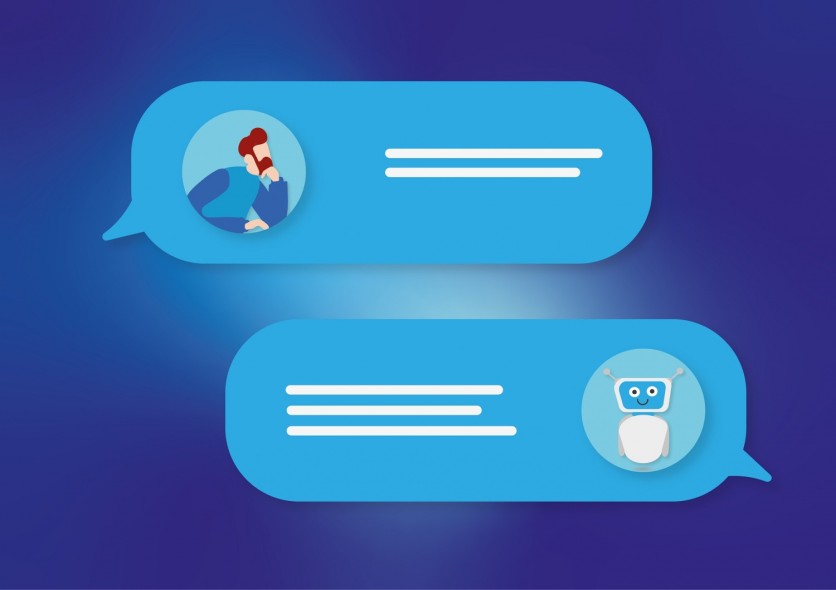Artificial intelligence (AI) chatbots have emerged as a transformative force in workplaces, which raises questions about their potential impact on human jobs.
Kai Riemer, Professor of Information Technology and Organisation at the University of Sydney, and Sandra Peter, Director of Sydney Executive Plus at the University of Sydney, wrote in an article published in The Conversation that there has been a surge of interest from both innovators and investors in using AI tools since the introduction of advanced AI chatbots like ChatGPT.
But can AI really take your job? The experts said not necessarily.

Over-Relying on AI Tech Is Not Good
Despite the rapid advancement of AI in various fields, experts cautioned users from over-relying on the technology's "intelligence."
Rather than envisioning AI chatbots as all-knowing artificial brains, experts likened them to diligent graduate students assigned as personal work assistants.
They said chatbots demonstrated commendable dedication to their tasks yet sometimes exhibited overconfidence, occasionally offering plausible-sounding but factually unsupported responses. According to Riemer and Peter, it is prudent to verify chatbot outputs.
They also noted that these AI tools have a probabilistic nature, which means they lack true comprehension of questions at a human level. However, when appropriately employed in suitable roles, they substantially enhance productivity, particularly in language-related tasks.
Read Also : ChatGPT Users Can Now Access Up-to-Date Information Through New Internet-Browsing Feature
AI in the Workforce
Preliminary studies on the integration of AI chatbots into workplaces have shown promising results. For instance, a pilot project at Westpac yielded a notable 46% increase in productivity for software coding tasks without compromising quality.
In this trial, developers were divided into groups - one utilizing AI chatbots for programming tasks and the other serving as a control group without access to this technology. Additionally, a study by global management firm Boston Consulting Group demonstrated significant enhancements.
According to Riemer and Peter, in a controlled experiment, consultants utilized AI chatbots for problem-solving and ideation, tasks involving analytical work and persuasive writing. Those collaborating with the chatbot accomplished 12.2% more tasks, 25.1% faster, and at a 40% higher quality compared to their counterparts.
Another case highlights a US software company employing an AI chatbot to assist in crafting client proposals. The chatbot searches internal files to extract pertinent information for generating suitable responses, streamlining the company's operations.
These instances, as outlined by Riemer and Peter, provide a glimpse into the future of AI chatbots, wherein companies customize generative AI models using their own data or documents, deploying them in specialized roles like coding, consulting, or customer service.
"Many workers are worried AI will be used to automate their work. But given the probabilistic nature of the technology, and its inherent lack of reliability, we do not see automation as the most likely area of application," the experts wrote in the article.
"AI chatbots might not be coming for your job after all, but they are certainly coming for your job description. AI fluency, the skill to understand and work with AI will soon become essential, similar to working with PCs," they added.
Related Article : Google Expands Its Generative AI Search Experience to Teens Expected to Interact With a Chatbot-Is It Safe?

ⓒ 2025 TECHTIMES.com All rights reserved. Do not reproduce without permission.




